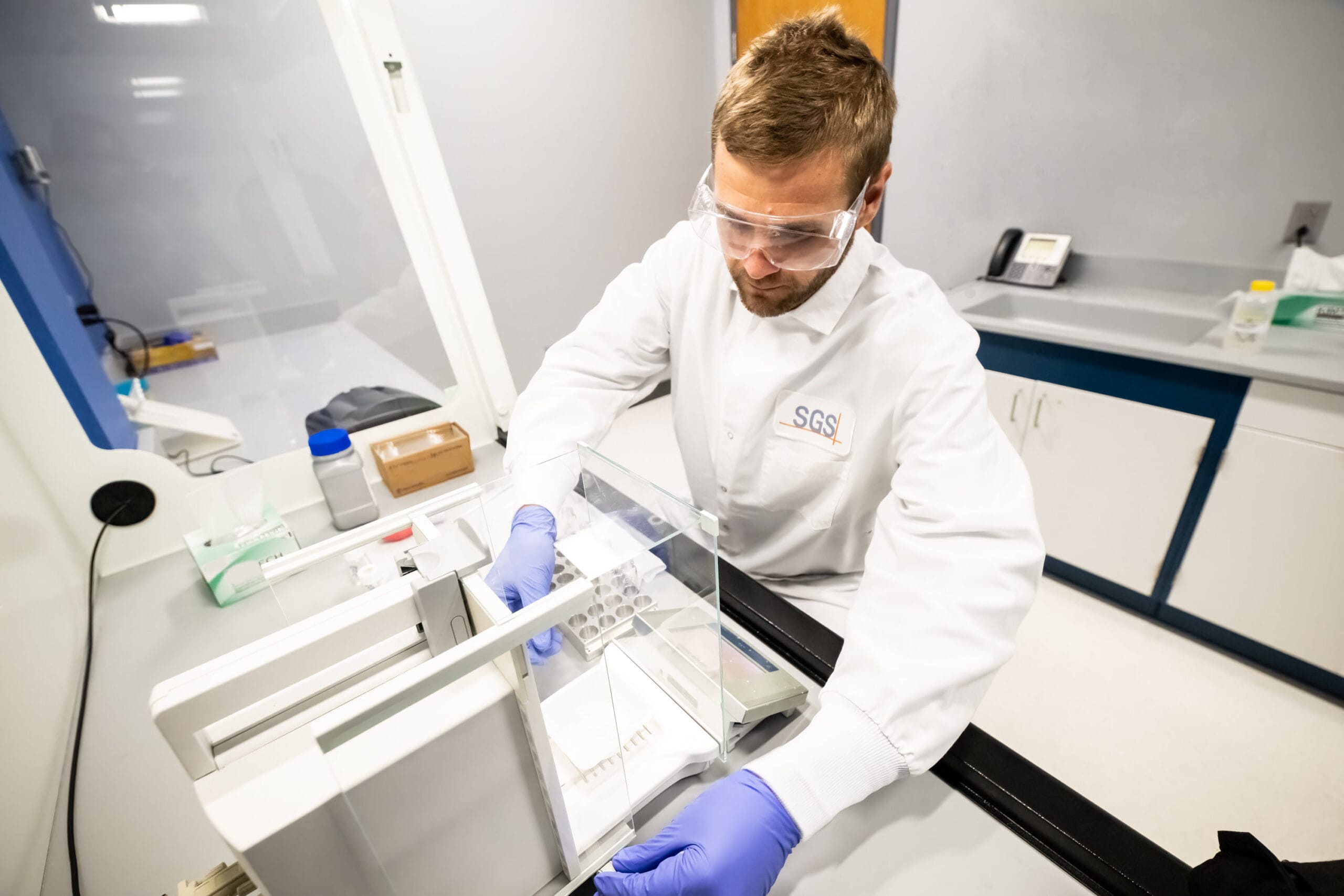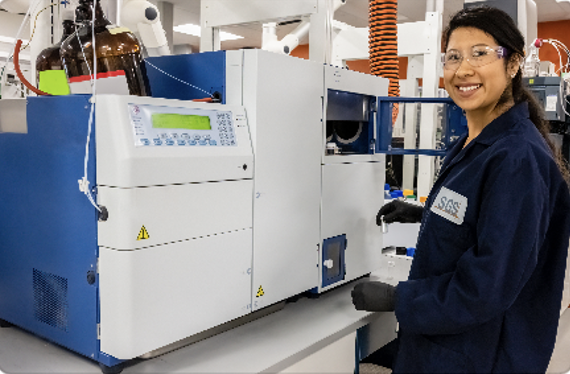
Chromatography
Gel Permeation Chromatography and Size Exclusion Chromatography (GPC/SEC)
GPC testing and SEC analysis both refer to methods for separating high molecular weight molecules based on size. The molecular weight analysis determines weight distributions and other size-related properties of polymer samples (Mw, Mn, Mz, and PDI). Depending on the type of detector utilized, absolute and/or relative molecular weight measurements can be obtained.
GPC testing can assist with quality control and root cause failure analysis. You can determine if the polymer has degraded due to processing or predict the performance of your product. Since the molecular weight of polymers is directly related to the physical properties of your product, GPC/SEC and other methods can be used as quality control tests to ensure your product performs as required
Project Guidance from Polymer Experts
As leading provider of polymer testing, SGS Polymer Solutions offers a comprehensive suite of chromatography services. Our ISO accredited chromatography lab is equipped with world-leading instrumentation and employs an elite mix of scientists and engineers. From your first point of contact and for the duration of your project, you’ll be supported by Polymer Experts. You can be sure your testing experience is seamless and your individual project requirements met precisely.
Approaches – GPC Testing
There are many analytical uses for GPC/SEC. Some of the most common approaches include:
Detectors
- Measurement of absolute molecular weights using multi-angle light scattering (MALS)
- Relative molecular weight measurements using refractive index (RI) or UV/Vis absorbance detectors
Mobile Phases
- Organic solvents like THF, DMF, DMAc, THF, Chloroform, and others
- Aqueous solutions that are pH buffered
- High temperature trichlorobenzene TCB for analysis of olefins such as LDPE, LLDPE, HDPE, UHMWPE, PP, and copolymers
- High-temperature chloronaphthalene for polyphenylene sulfide (PPS)
- Hexafluoroisopropanol for nylons, polyesters, and high glycolide content PLGA
“The use of HFIP as a GPC solvent allows us to provide high quality molecular weight data on commercially important polymers. HFIP is advantageous because it allows the GPC analysis to be performed at room temperature. Other solvents for these plastic materials typically require high temperatures for solubility. Higher temperatures increase the risk of sample degradation during analysis. HFIP also provides higher quality GPC results compared to the high temperature solvents.”
Jason Todd, M.Sc.
Principal Scientist, SGS Polymer Solutions

Experience
- Determining molecular weight changes due to processing conditions as a result of:
- Extrusion
- Injection molding
- Sterilization of medical devices
- Controlled aging of medical devices
- Quality control for lot release testing
- Confirmation of molecular weight after synthesis
- Failure Analysis of polyesters and nylons
- Analysis of Implantable medical devices
- Analysis of packaging materials
- Analysis of chitosan and cellulose
- Analysis of heparin by USP
Instrument and Sample Considerations
At SGS Polymer Solutions we offer GPC Testing using virtually any solvent system, including hexafluoroisopropanol (HFIP), and can derivatize polymers like polyether ether ketone PEEK to make them soluble for GPC analysis. Samples submitted for GPC testing must be soluble in an organic solvent or in water. The minimum sample size is 20 mg but often request a few hundred mg for ease of sample preparation.
Contact and Expert today to talk through your specific sample considerations for GPC testing services.
